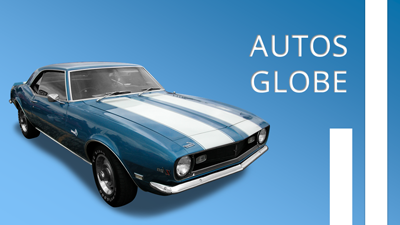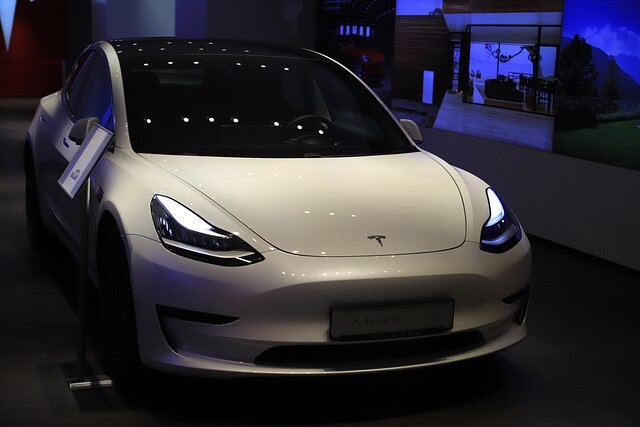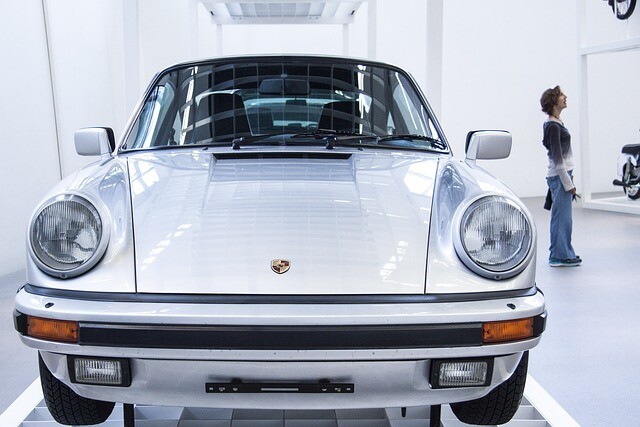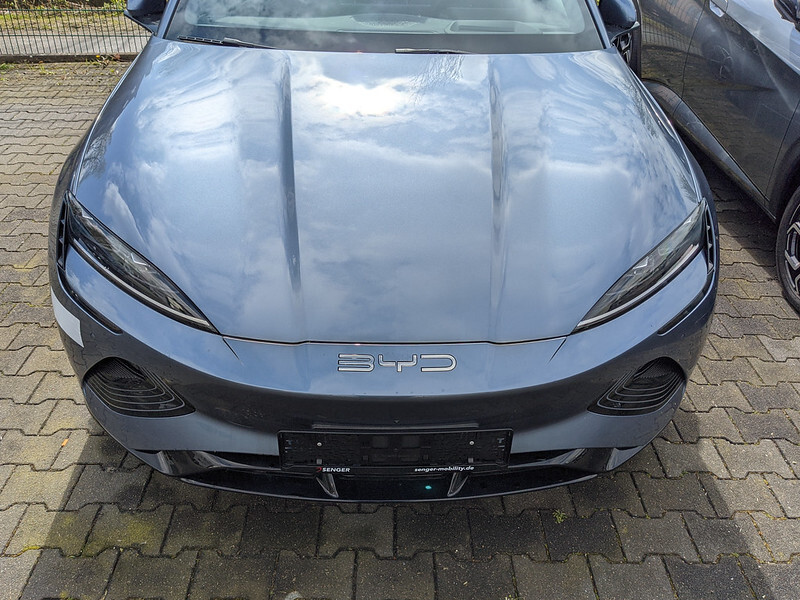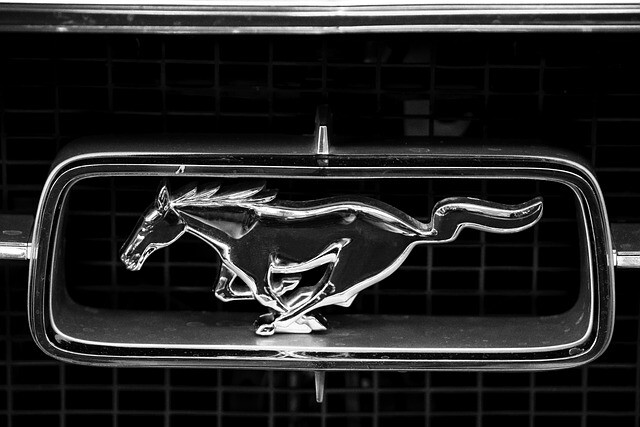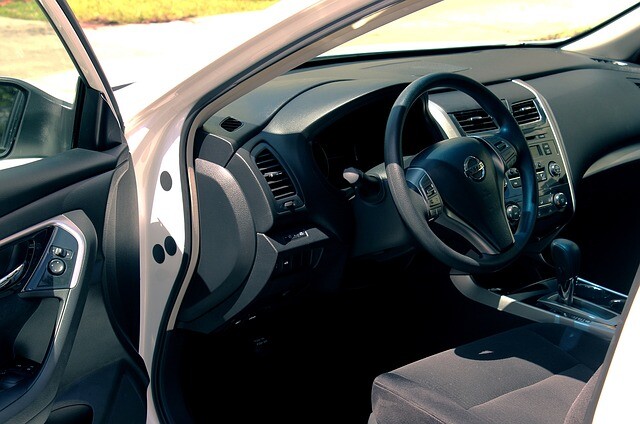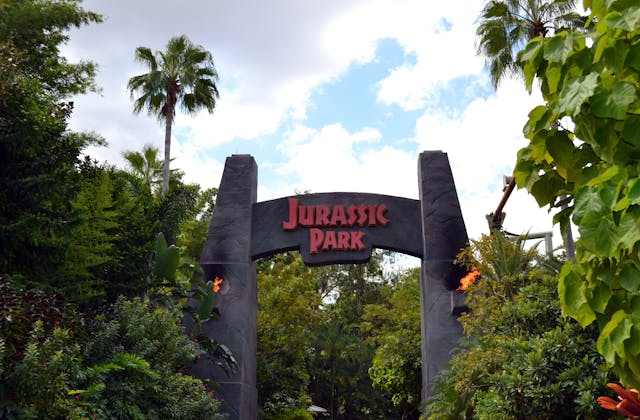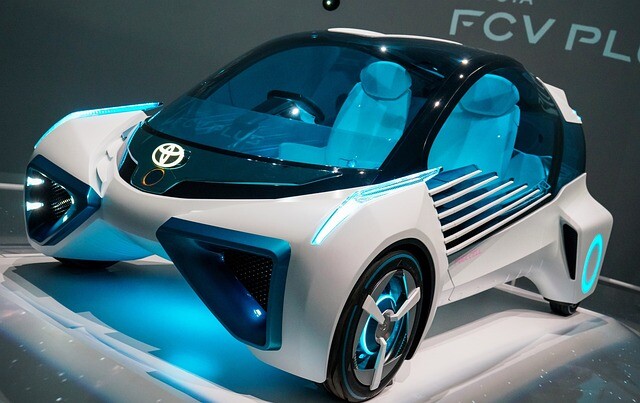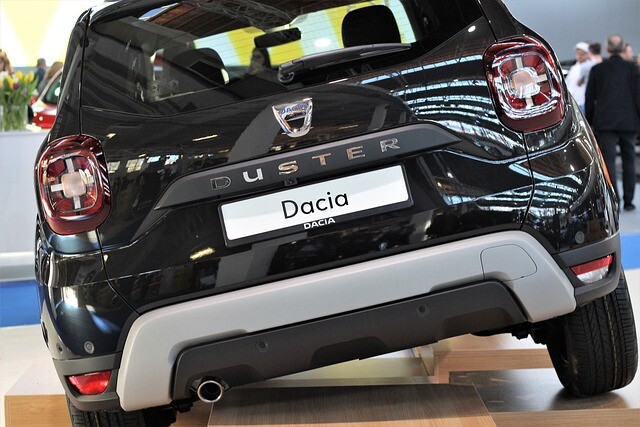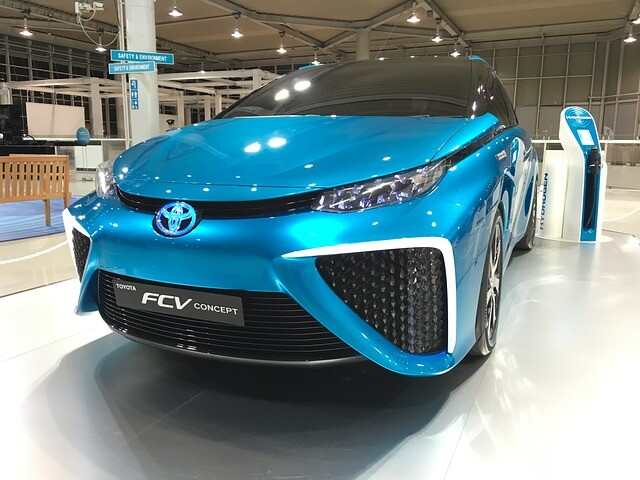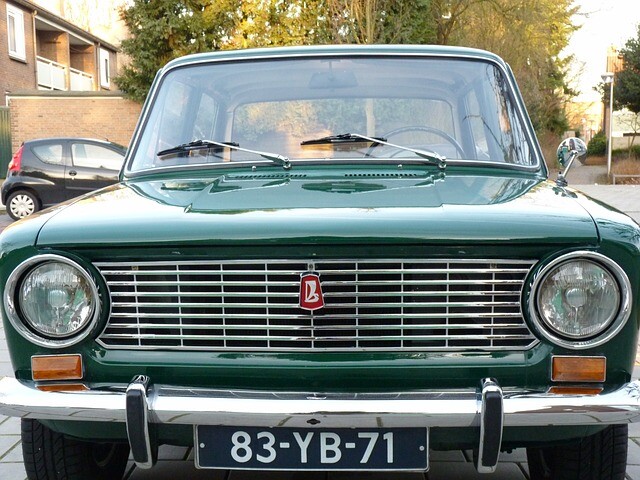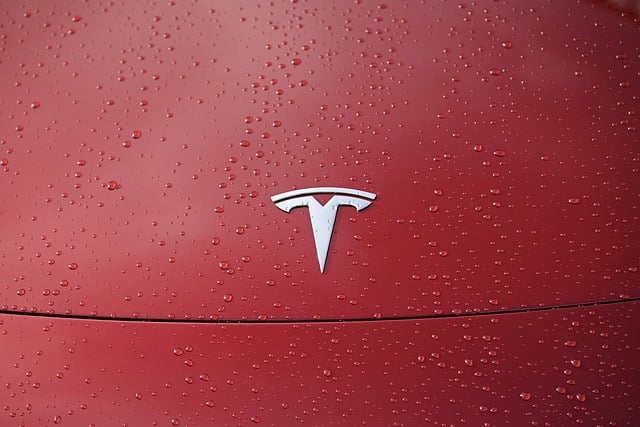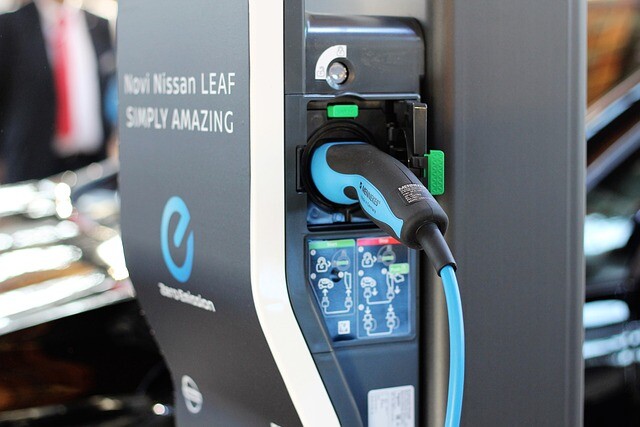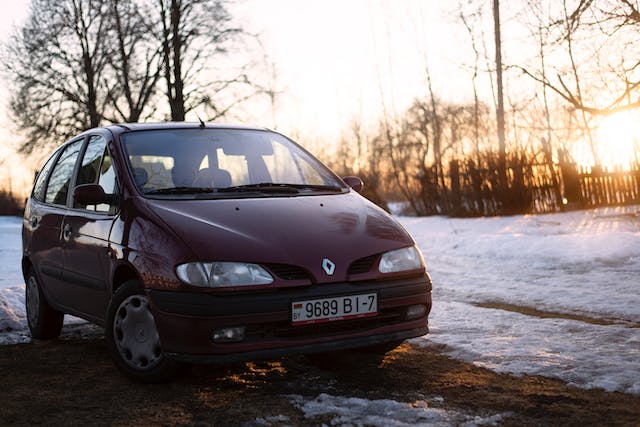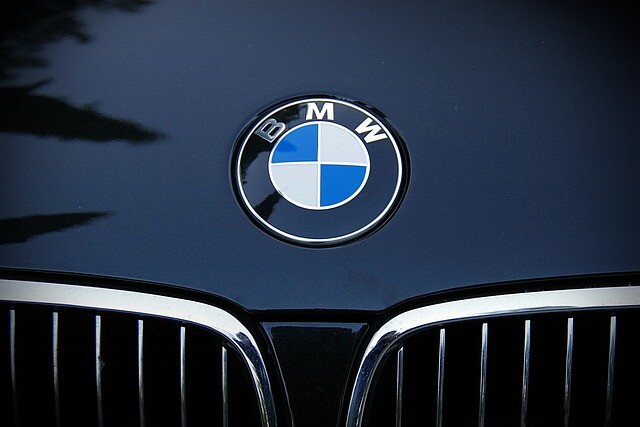The Monday limit applies to Euro 0, Euro 1 and diesel vehicles over 22 years old. From the beginning of 2019, diesel cars of Euro 2 and older than 19 cannot enter the capital region. From 2020, Euro 3 and over 15 years old diesel engines will be withdrawn from the Brussels region from 2022 to Euro 4 and 12 years old and from 2025 Euro 5 and 9 years old. .
Diesel is still banned
Diesel vehicles belonging to categories of vehicles older than 22 years and of low environmental rating will not be allowed to enter the Brussels Capital Region;
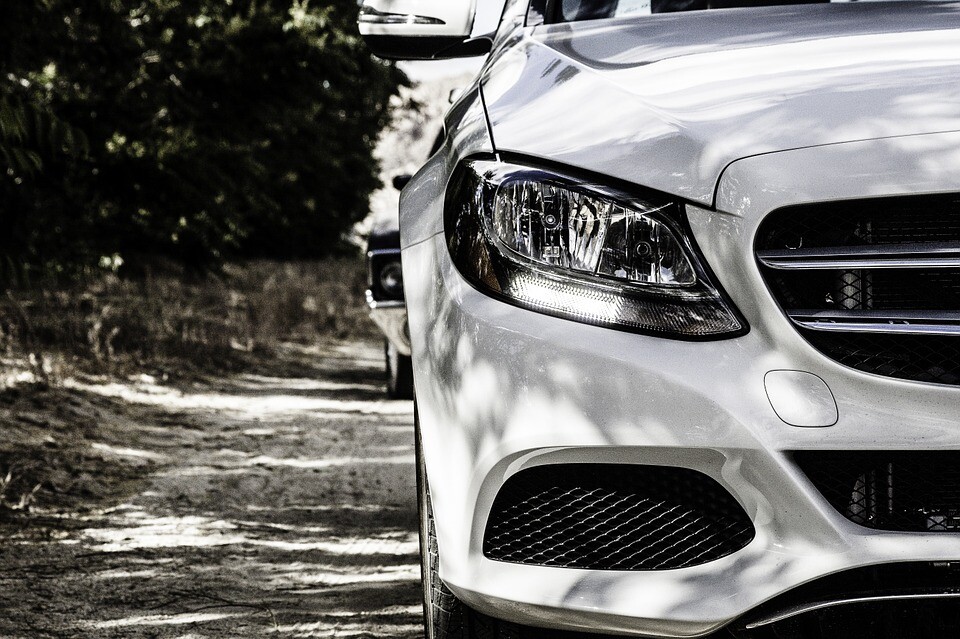
According to local media, in order to protect the environment, on 1 January, the Belgian capital created a so-called Low Emission Zone (LEZ), within which the most polluting, primarily diesel-powered vehicles are gradually being banned.
The ban will initially only apply to diesel vehicles of the lowest environmental class, but in the coming years, the restriction will gradually be extended to vehicles in the higher environmental class.
By 2025, most diesel vehicles are planned to be phased out of Brussels.
According to the Belgian daily La Libre Belgique, around three hundred warning boards have been placed at the border of the zone in the past few weeks, and nearly 180 cameras have been installed to check the classification of the car on the basis of license plates through the central database of the compulsory technical exam. By the end of the year, 220 additional surveillance cameras will be installed. In addition, the authorities have been sending a warning to car owners since 1 July whose cars do not meet environmental requirements. Over the past few weeks, some 200 vehicles have been caught daily through preliminary checks, they said.
According to the newspaper, the limitation from the beginning of October affects about 0.5 percent of the Brussels car park. Due to the restriction in 2019, 4 percent of cars in Brussels and 14 percent of vehicles registered in the capital of Belgium will not be allowed to travel in 2020.
According to the information, the restriction does not apply to fire-fighting and ambulance vehicles and vehicles belonging to the so-called oldtimer category.
Drivers who are forced to travel to a region in a prohibited category can do so with a € 35 per day license. Such entitlement may be requested for the same vehicle eight times in a year.
As reported, Brussels City Council wants to reduce nitrogen dioxide by 86 percent by 2025, also 86 percent of airborne soot, and down to 31.43 percent. According to information, if air pollution reaches and exceeds the threshold for two days, a speed limit is introduced. It will be forbidden to burn wood and coal if this is not the only way of heating and makes Brussels public transport free of charge.
According to information from the Embassy of Hungary in Brussels, vehicles with foreign license plates must be registered in the Metropolitan Region of Brussels by 1 October. Registration should also be done in the so-called LEZ system if the car is not banned from the region according to the environmental classification of the car.
(Source: vezess.hu / photo: pixabay.com)
